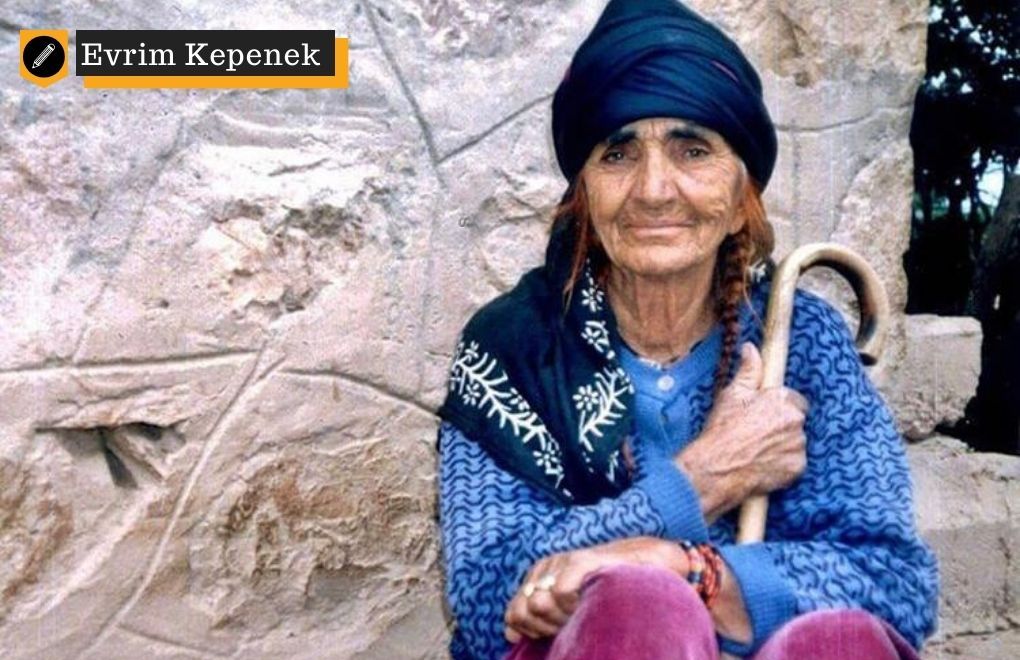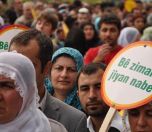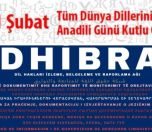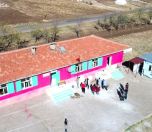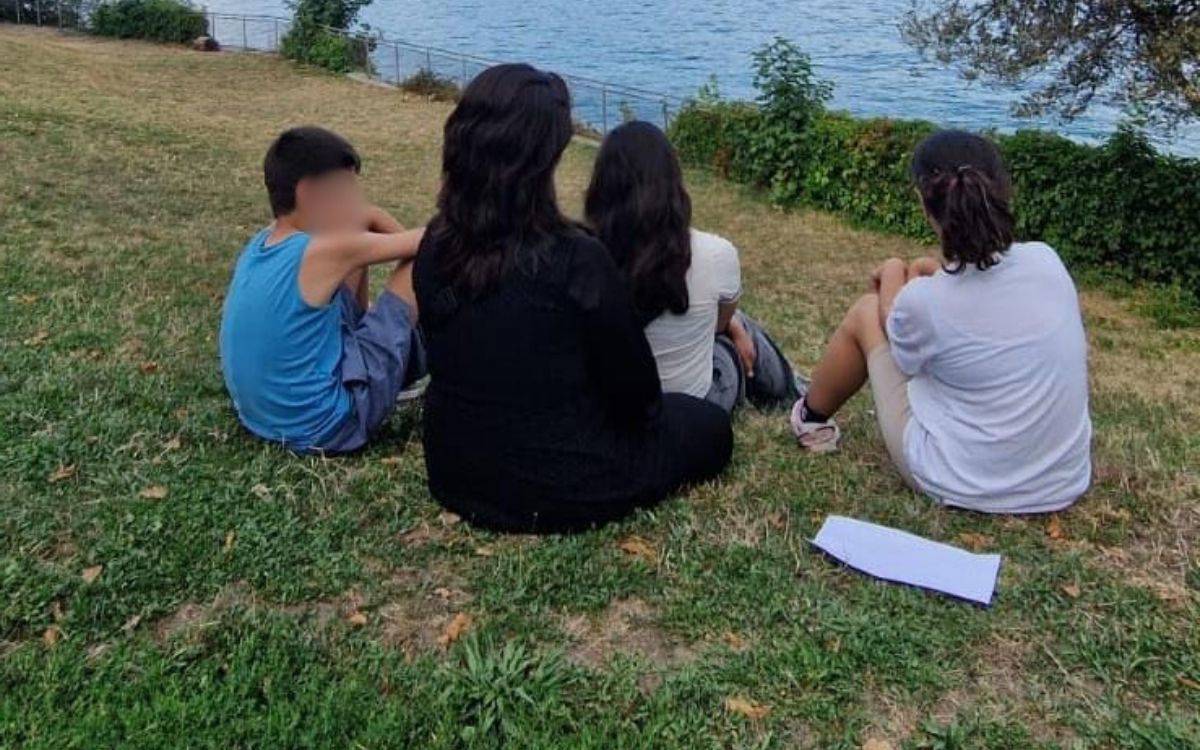Photo: Nadire Güntaş-Aldatmaz
Click to read the article in Turkish
The Zaza language (Zazaki or Kırmancki) is becoming a threatened language as the younger generation of Zazas, a people mostly living in eastern and southeastern parts of the country, are increasingly becoming monolingual in Turkish, according to a new study.
In the study led by Dr. Nadire Güntaş-Aldatmaz, an academic at Ankara University, 402 people aged between 15 and 75 from Mamekîye, Dersim, were interviewed. All of the respondents' mother tongue was the Zaza language as Kurmanji, the most common dialect of Kurdish in Turkey, was exempted from the study.
According to the study entitled "The Disappearance of Community Languages and Communication: The Case of Kırmancki (Zazaki)";
- The rate of the usage of the Zaza language steadily increases with age.
- Almost all of the respondents over the age of 56 said they speak the Zaza language at home with their parents and grandparents and express themselves better in the Zaza language.
- Respondents younger than 18 stated that they express themselves better in Turkish and mostly speak Turkish at home.
- Among those younger than 18 years of age, 93 percent speak Turkish with their parents and siblings and 60 percent speak in the Zaza language with their grandparents.
- while respondents over 56 stated that they express themselves better in the Zaza language.
- Respondents younger than 18 mostly stated their ethnicity as "Turk," their mother language as "Turkish" and religion as "Islam."
- In all age groups, the rate of speaking the Zaza language among women is at least five points higher than men.
- In terms of using the Zaza language in daily life, the difference between those under 18 and those over 56 is about 70 percent.
"The Zaza dialect of Kurdish, which is the mother tongue of the population of substantial size in the borders of Turkey, is insecure as many other languages," said Güntaş-Aldatmaz. "While Kurmanji, the most widespread dialect that exceeds the borders of Turkey, is in a relatively better state, the language policies that have been applied so far also threaten Kurmanji and all languages other than Turkish."
The generation gap
"The oldest generation is monolingual and this language is the Zaza language. The middle-aged generation, who learned the second language mainly at school, are bilingual. The youngest generation is again monolingual but this language is Turkish," Güntaş-Aldatmaz told bianet.
"Not only in terms of speaking or understanding but also in terms of ... caring about the fact that the language is in danger of disappearing, it was observed that the younger generation was mostly insensitive and disregarded it."
About 30 percent of the younger respondents stated that they didn't want to learn the Zaza language or didn't think it was important to learn the language, noted the academic.
This also causes communication problems between the younger and older generations, she said.
"It was observed that the youth mainly speaking Turkish and not learning the Zaza language anymore caused Turkish to be the number one language in daily life and caused communication problems between the youngest and oldest generations.
"... For example, a grandmother can't tell her grandchild a story or ask him/her a riddle in her mother tongue, she can't even establish enough communication for her most basic needs. Instead of speaking in the Zaza language with her grandchild, she tries to speak sloppy Turkish."
The written use of the Zaza language
Also, the increase in the written usage of the Zaza language does not mean it is becoming widespread, she noted: "The Zaza language is not becoming widespread. On the contrary, its area of use is increasingly narrowing and it is confined to some private spaces," she said. "The fact that the language is becoming written and that many people began writing [in the Zaza language] in recent years, unfortunately, doesn't mean that the Zaza language is used more widely."
Those between the ages of 46 and 55 are the group that is pleased the most when they see something written in the Zaza language while about half of those under 18 don't feel anything, according to the study. (EMK/VK)





